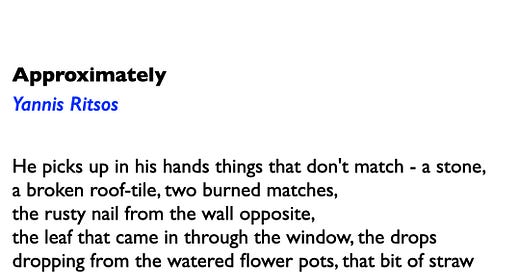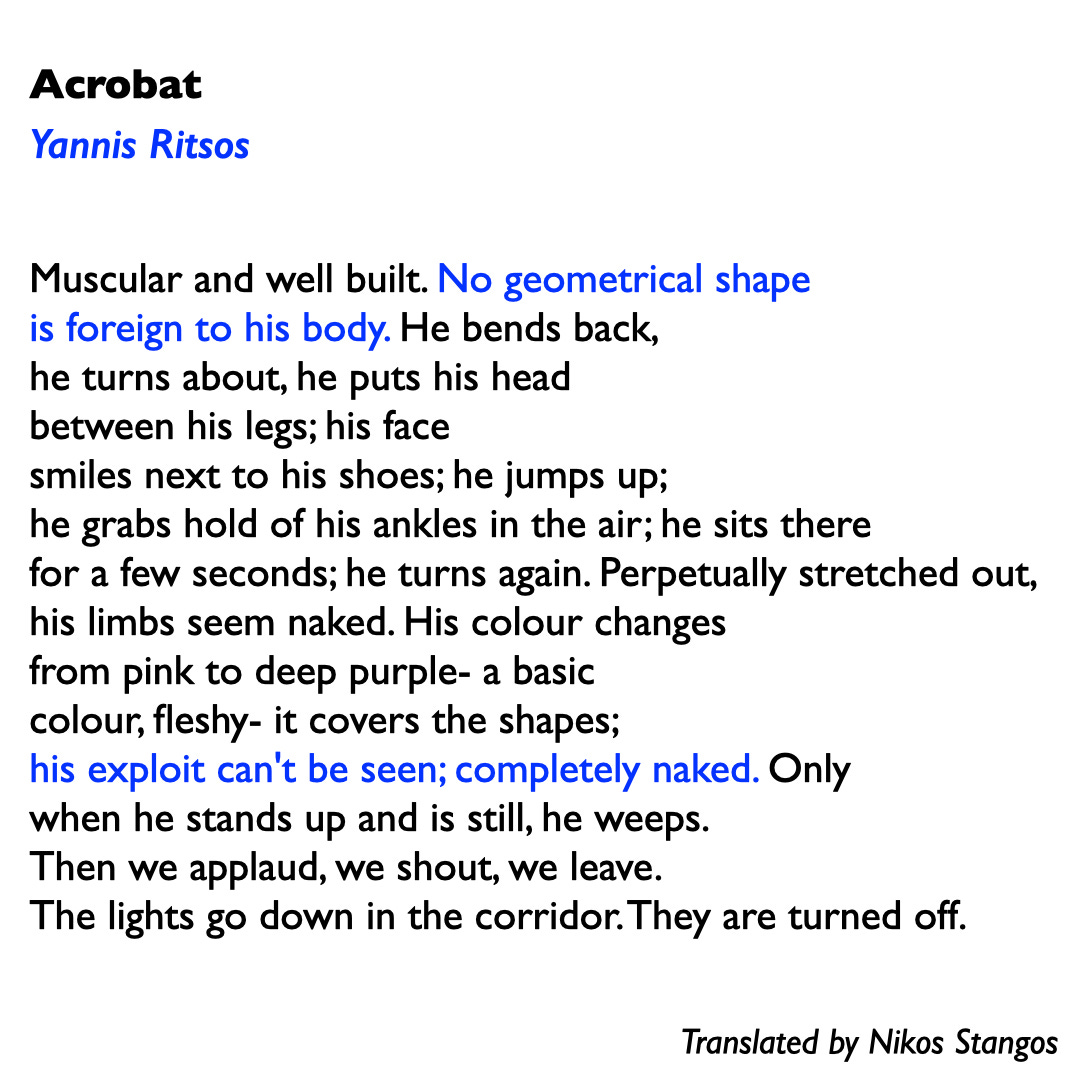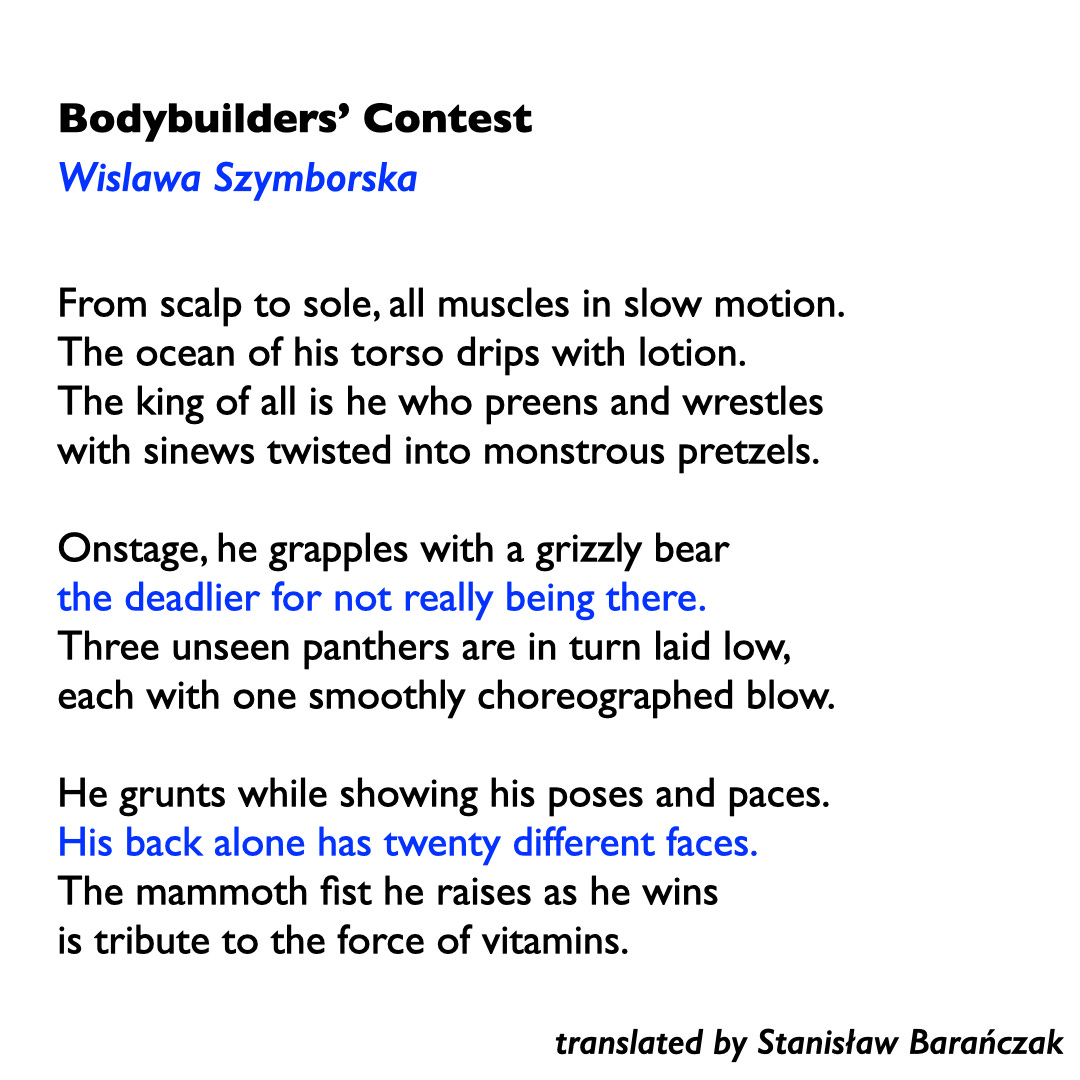Once again, I woke up this morning, feeling overwhelmed (or was it a sense of numbness) by everything that has been happening. The inexorable current of the everyday sloshes dangerously close to overflow in the tired receptacle of the body. It is garbed in clickbait news about people hurting other people, and in the bittersweet aria of brown Peepal leaves falling to the ground when nobody’s looking. It is disguised as work calls or polite email updates about progress with projects. It appears, also, in conversations with those we love. It seeps in as the impossibility of communicating what we truly feel, because there are no words. It is comforting, too, to spread this tremendous weight of futility, and despair, in the kindling of palms, or the careless gesture, brush of skin, that pries open the locked trapdoor of the soul. The body knows. Memory is lodged in the space between fingernail and skin, as is pain. Lovers know this. and mothers.
I want to share with you today poetry that recalls the senses, that sees the soul of the universe in fragments of limb, and sinew, or in a chaos of unrelated objects that come together in a flourish of profound feeling, whose language is beyond conversation. I share with you today the poetry of the Greek master Yannis Ritsos. The two poems that I have chosen are not arbitrary selections, nor are they representative of the depth and diversity of his body of work. But they are a beginning. The second poem that I chose actually reminded me of another old favourite, by a poet who I have featured here much too often - Wislawa Szymborska. All three poems are powerful arguments in favour of the symbolic and felt energy of the metaphor. An extract from Peter Bien’s introduction to his “Selected Poems” illustrates Ritsos’s use of metaphorical language with the example of a startling turn of phrase that is enough to make anyone fall in love:
“In so far as Ritsos merely evokes the minutiae of everyday life, we have a splendid metaphoric capacity that aids this evocation by shocking us into strong sensual awareness. Normally, the tiredness of language and of our own powers of observation prevents us from hearing, seeing, or touching as well as we might. But when a metaphor or simile convincingly relates 'before unapprehended' elements of seeming incongruity- when, for example, a shriek remains
... nailed in the dark corridor
like a big fishbone in the throat of an unknown guest- we hear that shriek, see that corridor, and feel the sound's entrapment as never before. This is vitally metaphorical language at its most obvious.”
Wislawa’s poem, of course, is punctuated with a humour that brings out the absurd and the quotidian, with a characteristic lightness of touch. Ritsos takes us on a journey, and we indulge him, without us realising by the end, that in his careful sewing together of disparate scraps, he has laid out before us a very particular frame - a landscape that is both real and emotional. But if it is resolution that we seek, we have come to the wrong place, because even after this careful arrangement of humours, Ritsos takes us to another place, another vaccum, where we know what he is pointing to, we can feel the contours of epiphany, and that is our gift, but it remains shrouded in shadow, at a comfortable distance. I like this about his writing, how he refrains from complete exposition - it is a poetry that opens, rather than frames, or closes.
Note: You can read Wislawa’s other poems shared before on Poetly, here: Love at First Sight, A Little Girl Tugs at the Tablecloth, Classifieds, Psalm.
Subscribe to Poetly to let little fragments of the world reach you (right in your inbox) dressed in poetry.





